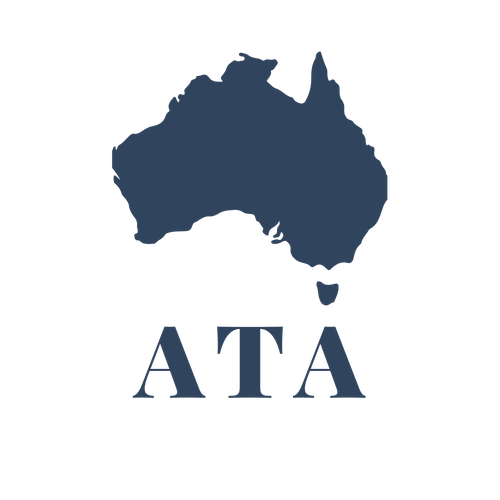$24K in One Day: A Ruddy Big Party Bill
Australian taxpayers have once again been hit with a hefty bill—this time, courtesy of former Prime Minister and current US Ambassador Kevin Rudd. Documents obtained under Freedom of Information laws reveal that Rudd charged taxpayers $24,000 AUD in a single day for formal dinners, breakfasts, morning teas, and an extravagant reception at his Washington D.C. residence. Over the past financial year, his total expenses for entertainment and hospitality exceeded $172,000 AUD.
The Australian Taxpayers’ Alliance (ATA) is raising serious concerns over this level of spending. Brian Marlow, ATA President, stated that such expenditures should be scrutinized, questioning whether public funds should be used for what appears to be lavish events and VIP receptions.
On October 1, 2023, Rudd’s expenses included $15,000 USD ($24,000 AUD) in taxpayer-funded costs for 17 different events, culminating in a 190-person reception “in honour of the US-Pacific Island Countries Leaders Summit.” The event was hosted as part of an official White House program under President Joe Biden, but its necessity—and cost—remains debatable.
Other questionable expenses include $7,600 AUD for a VIP holiday reception at exclusive D.C. social clubs, morning tea and gallery tours for Rudd’s wife, Therese Rein, and even a dinner for the crew of the Australian TV show, Bluey during their U.S. tour. These expenses, while perhaps politically strategic, raise eyebrows given the cost-of-living crisis many Australians are facing.
The Department of Foreign Affairs and Trade (DFAT) defended the spending, stating that all ambassadors are expected to host events to build diplomatic relationships and advance Australia’s interests. However, as Marlow points out, should taxpayers be footing the bill for extravagant receptions and social club gatherings?
This is not the first time an Australian ambassador’s expenses have been questioned. In 2016, it was revealed that former ambassadors Kim Beazley and Joe Hockey spent $121,000 USD ($190,000 AUD) in a single financial year on similar activities. While Rudd’s spending may be in line with previous ambassadors, it begs the question: Should we simply accept these costs as “business as usual,” or is it time for more transparency and restraint in taxpayer-funded diplomatic expenses?
The Australian Taxpayers’ Alliance is calling for greater oversight and accountability, ensuring that every dollar spent by government officials is justified and in the best interests of Australians.
